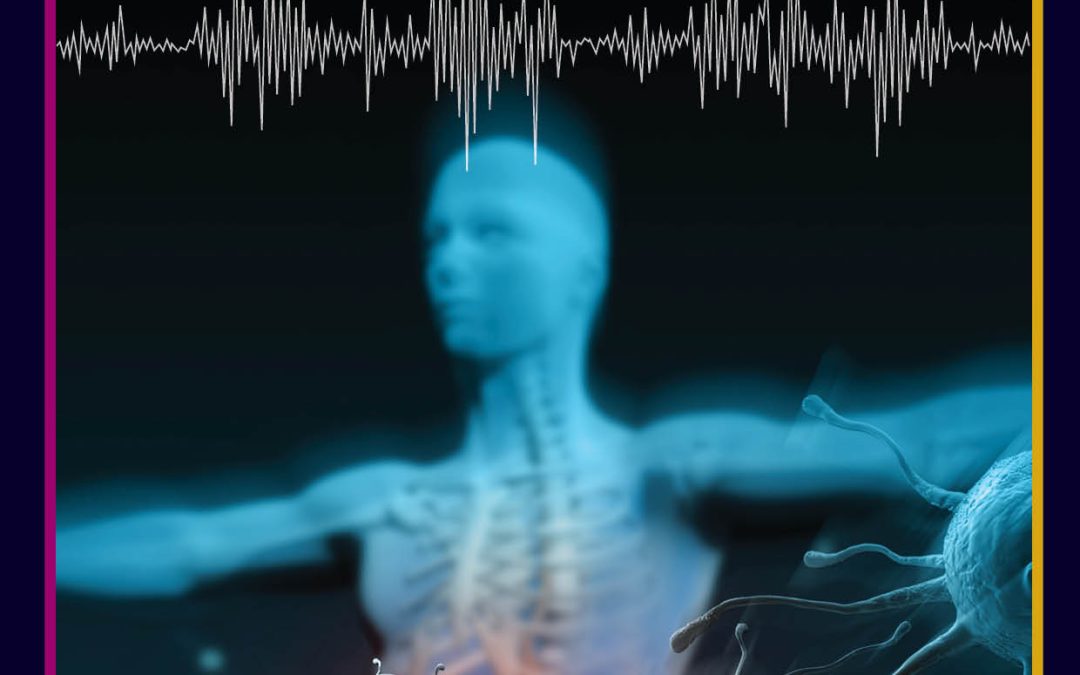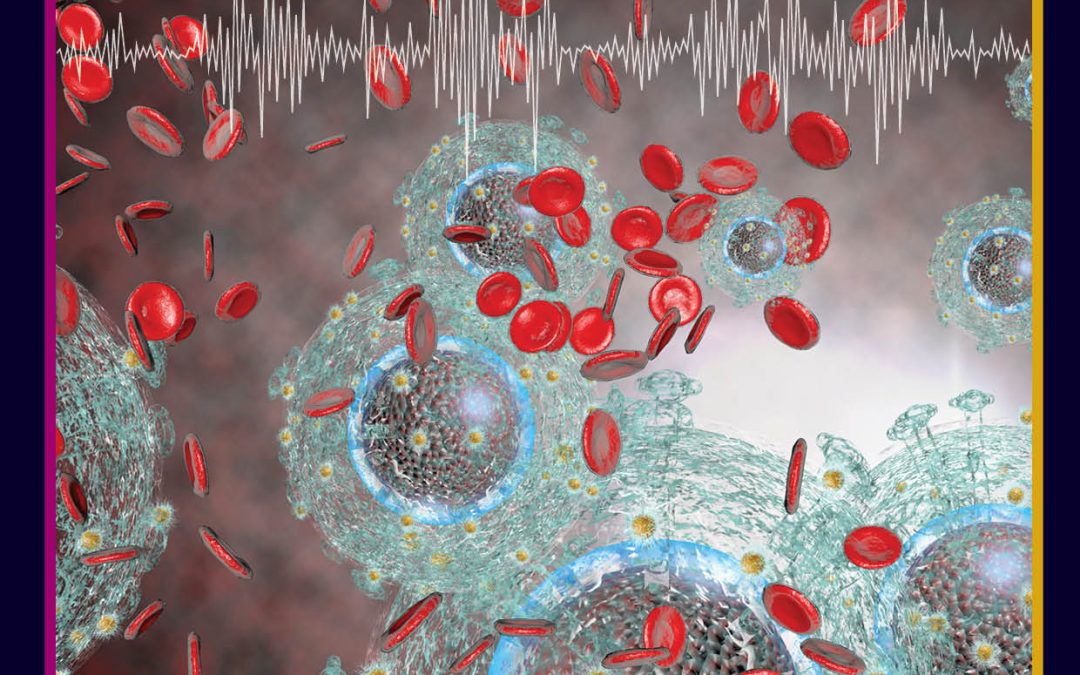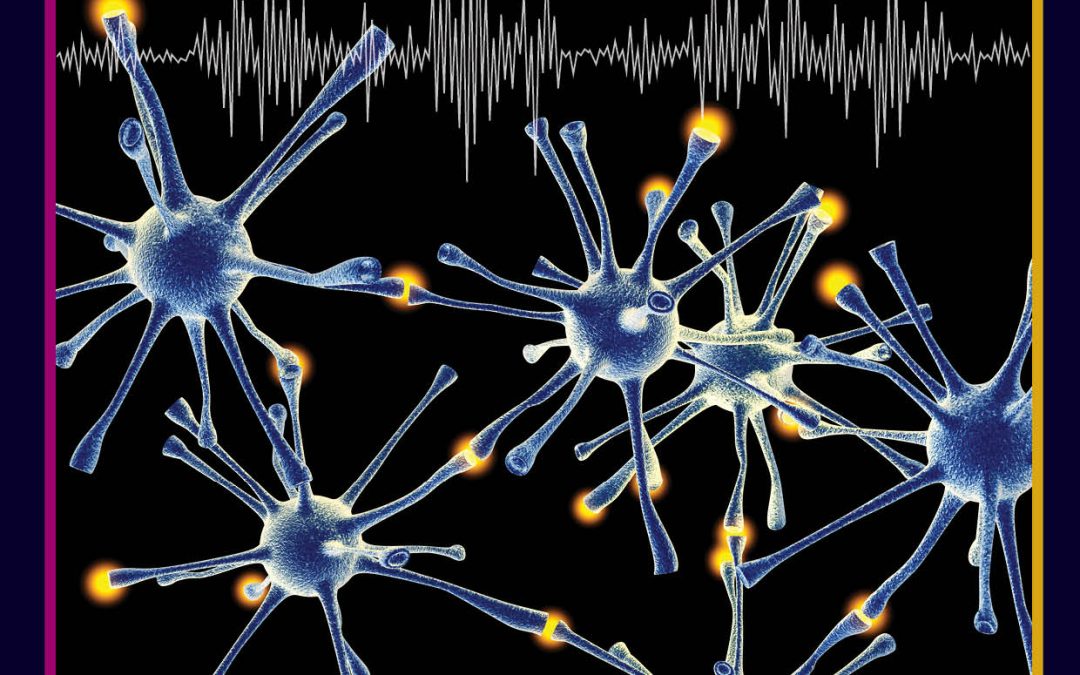
by admin | Oct 13, 2022 | health and medicine
Professor Zygmunt Pizlo at the University of California-Irvine has advanced degrees in both engineering and psychology. He is drawing on his extensive experience in these often disparate fields to explore how fundamentals in physics can explain how we see the world around us. His novel work extrapolating from the importance of symmetry in physics and the natural world opens up exciting possibilities for psychology and cognitive science.

by admin | Oct 13, 2022 | health and medicine
Military veterans are diagnosed with posttraumatic stress disorder at a much higher rate than civilians. There is a growing interest in psychiatric assistance dog placements to help veterans cope with their symptoms, however research into their effectiveness is limited. Sarah Leighton and her colleagues from Purdue University and the University of Arizona have undertaken a review of the existing evidence surrounding these partnerships to determine their efficacy. Whilst more detailed and robust research is still needed, they found positive support for this intervention.

by admin | Oct 5, 2022 | health and medicine
Most human diseases are localised in terms of their location but currently, injected or orally administered drugs are evenly distributed all over the body and thus, act indiscriminately. The targeted delivery of medication to the exact site where it is needed is a common theme in science fiction but thanks to Professor Richard Klemke and his team at the University of California San Diego’s Moores Cancer Center, this fantasy may soon become a reality.

by admin | Oct 5, 2022 | health and medicine
Although human immunodeficiency virus (HIV) is still prevalent worldwide, life-saving antiretroviral drugs can now prevent an infection from progressing into acquired immunodeficiency syndrome (AIDS). Nevertheless, people who are HIV-positive are still at increased risk of developing neurological disorders and cardiovascular diseases, known as co-morbidities. Professor Michael Bukrinsky from the George Washington University in Washington DC works to understand the underlying biological mechanisms that lead to these disorders. His research has produced interesting results that demonstrate the role of altered lipid (cholesterol) homeostasis in HIV-infected cells and how this comes to pass.

by admin | Oct 5, 2022 | health and medicine
Epilepsy is a chronic, long-term disease in which abnormal activity in the brain leads to repeated seizures, and it affects nearly 70 million people worldwide. The exact mechanisms behind epileptic seizures are still poorly understood. However, we do know that epilepsy can be caused by changes in the network structure of our brains and that seizures may be a result of spontaneous excessive brain synchronisation. Professor Eckehard Schöll and his Master student Moritz Gerster together with colleagues are using computer simulations to better understand the interplay of network structure and network synchronisation in epilepsy.

by admin | Oct 3, 2022 | health and medicine
Epilepsy is a chronic, long-term disease in which abnormal activity in the brain leads to repeated seizures, and it affects nearly 70 million people worldwide. The exact mechanisms behind epileptic seizures are still poorly understood. However, we do know that epilepsy can be caused by changes in the network structure of our brains and that seizures may be a result of spontaneous excessive brain synchronisation. Professor Eckehard Schöll and his Master student Moritz Gerster together with colleagues are using computer simulations to better understand the interplay of network structure and network synchronisation in epilepsy.






